Pashinyan's trip highlights Astana’s bid to mediate Baku–Yerevan talks
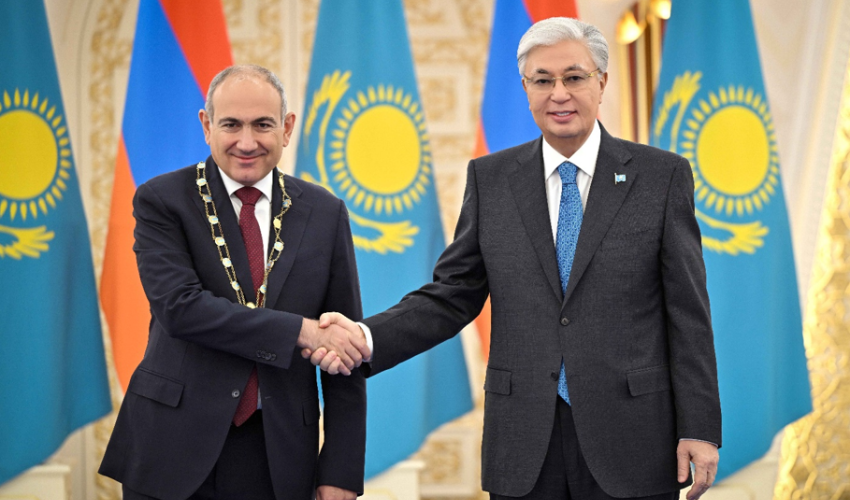
This week, Armenia’s Prime Minister Nikol Pashinyan paid a state visit to Kazakhstan. Diplomats on both sides were quick to describe the visit as far more than ceremonial.
The two-day trip concluded with Armenia and Kazakhstan announcing a new strategic partnership — and with clear signs that Kazakhstan, long cautious in regional geopolitics, is quietly testing whether it can serve as a mediator in one of Eurasia’s most protracted conflicts.
Pashinyan met with Kazakhstan’s President Kassym-Jomart Tokayev, as well as with the country’s prime minister and parliamentary leadership. The meetings produced a series of agreements — more than a dozen in total — covering cooperation in nuclear energy, education, digital security, and a new economic roadmap expected to shape bilateral relations through 2030.
But the subtext of the visit was not only economic. It was political — and distinctly regional.
One of the most closely watched moments of the trip was when President Tokayev awarded Pashinyan Kazakhstan’s highest state honor, the Altyn Qyran (Golden Eagle) Order, granting the Armenian leader a distinction rarely bestowed on foreign heads of government.
Speaking at the ceremony, Tokayev called Pashinyan “a genuine national leader of Armenia” who had “inspired new energy in national development” and guided his country through a turbulent geopolitical period by making “unconventional, decisive decisions” that, he said, would “undoubtedly benefit the Armenian people.”
The Kazakh leader went even further, highlighting Pashinyan’s “significant role” in advancing negotiations with Azerbaijan and contributing to the signing of the Washington peace document earlier this year. The award, he said, symbolized “the unbreakable brotherhood, mutual trust, and shared aspirations” of the two nations.
Pashinyan, visibly moved, thanked Kazakhstan and said he regarded the honor as a sign of respect for “the Armenian people as a whole,” adding that it would serve as an incentive for deeper regional cooperation.
For several months, Kazakhstan has been positioning itself as a potential mediator between Armenia and Azerbaijan, whose decades-long conflict — punctuated by war in 2020 and again in 2023 — has reshaped the South Caucasus. President Tokayev, who has sought to cultivate a reputation as a balanced and neutral statesman, used the visit to underscore these ambitions.
“Kazakhstan supports a stable and long-term peace in the South Caucasus,” he said in a statement released by his office. “Our neutrality allows us to assist where we are needed.”
Unlike Russia, whose influence in the region has rapidly diminished, or the United States and the European Union, whose involvement is often viewed through geopolitical prisms, Kazakhstan presents itself as a safe, nonaligned alternative — a country without historical baggage in the Armenian-Azerbaijani conflict and one that maintains solid working relations with both sides.
These diplomatic initiatives come at a moment when new economic ties are hinting at what a stabilized region could look like. After Azerbaijan lifted transit restrictions in October, the first shipment of Kazakh grain crossed Azerbaijani territory and reached Armenia earlier this month — a modest but symbolically significant gesture.
Kazakh officials say such trilateral economic steps could become the foundation for future confidence-building, tying peace efforts to tangible benefits along the increasingly important Trans-Caspian International Transport Route, known as the Middle Corridor.
Astana’s position is straightforward: a calmer South Caucasus is good for business, and Kazakhstan wants to place itself at the center of new east–west trade routes that bypass Russia.
Still, analysts warn that Kazakhstan’s room for maneuver is limited. Mediation between Armenia and Azerbaijan remains a complex arena: Washington, Brussels, and Moscow each run their own negotiation tracks, and domestic politics in both Yerevan and Baku remain tense, especially on issues of borders and security guarantees.
“Kazakhstan is offering an additional channel, not a replacement,” said one analyst in Baku. “But if talks continue and economic exchanges like grain deliveries grow, Astana may become even more sought after.”
For Armenia, the warming of relations with Kazakhstan also reflects a broader strategic reorientation. Disillusioned with Moscow and increasingly engaged with the West, Pashinyan is looking for partners able to support economic diversification without imposing geopolitical alignment.
Kazakhstan — balancing between Russia, China, and the West — fits that profile.
Officials said a new intergovernmental commission will convene in early 2026 to implement the agreements signed this week, including plans to deepen cooperation in technology, transport, agriculture, and education.
Whether Kazakhstan can transform this expanding partnership into meaningful mediation remains uncertain. But the visit underscored Astana’s intention to try — and Yerevan’s readiness to explore new diplomatic paths.
M.Ali
Latest news 
More news 
























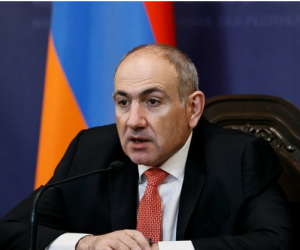
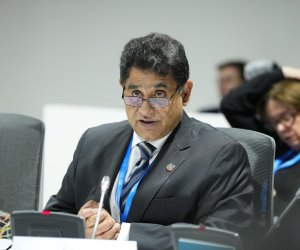


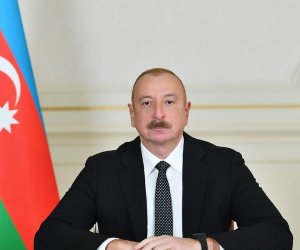

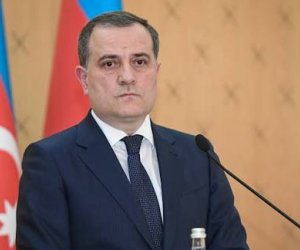
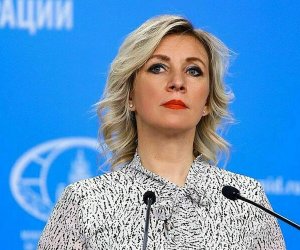
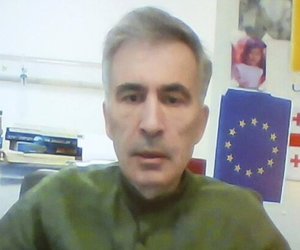


 Photo
Photo 



 Video
Video 

